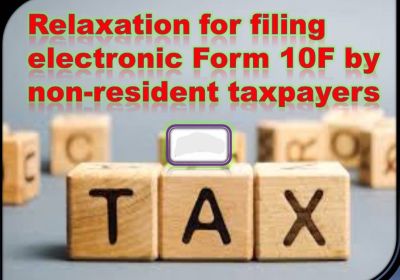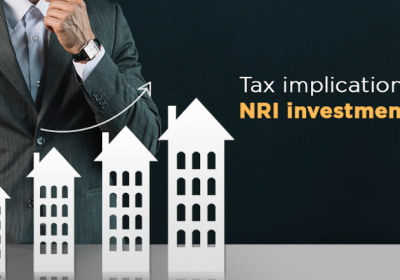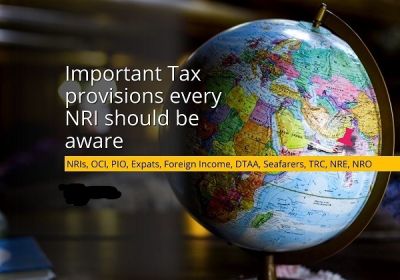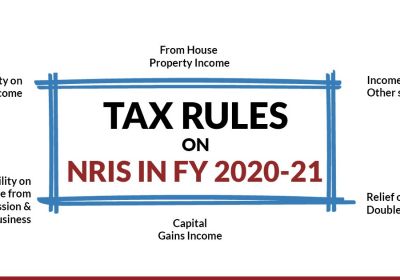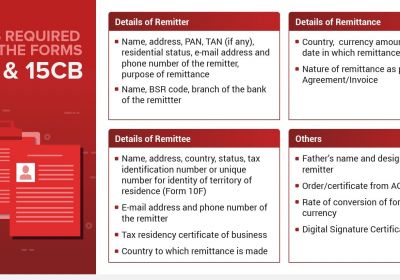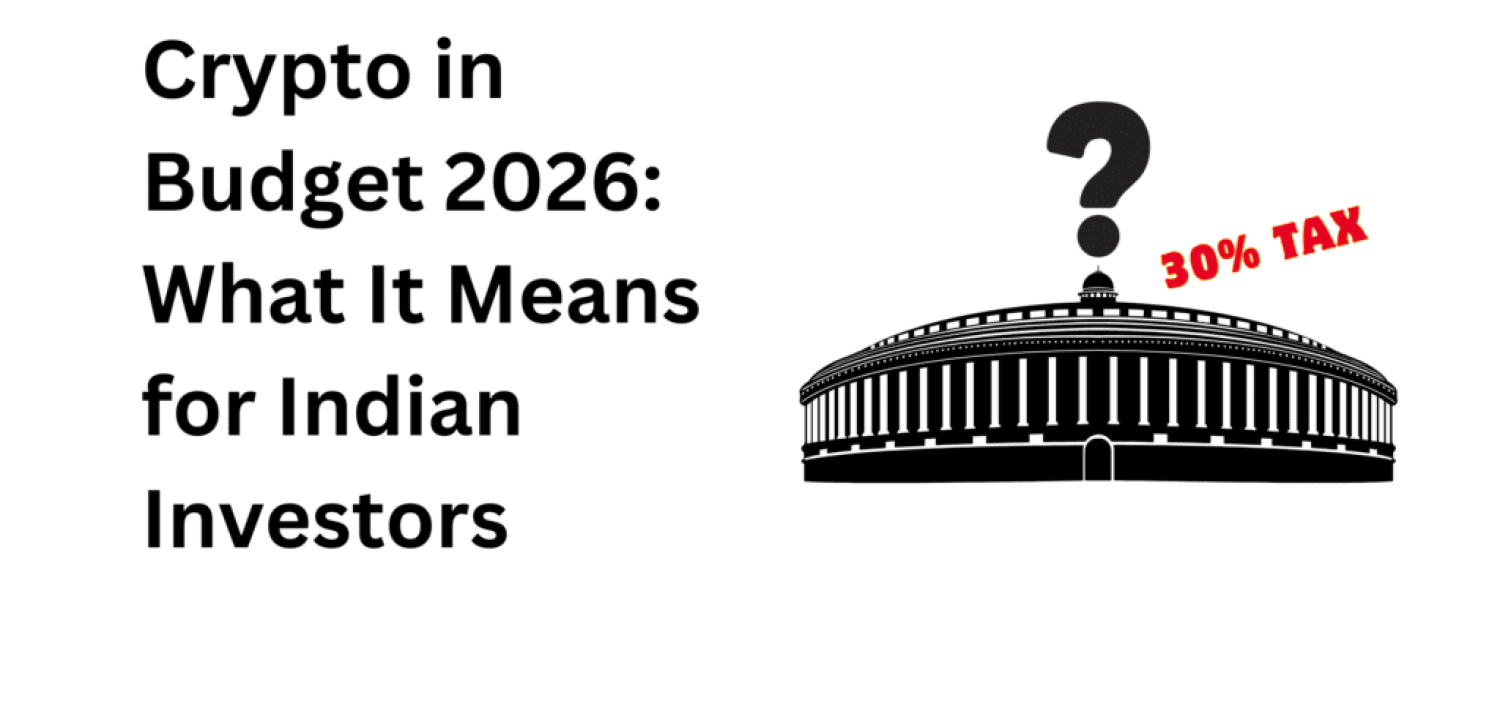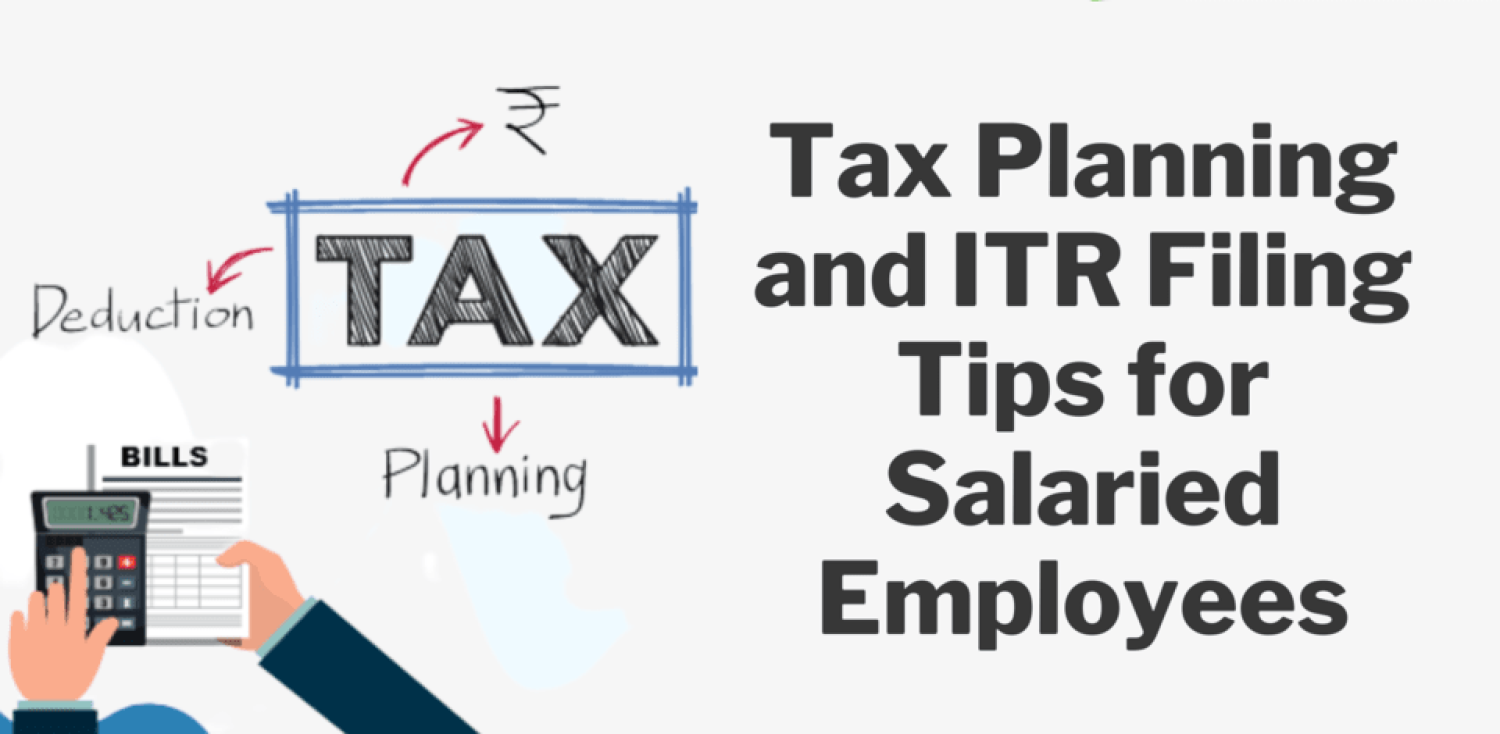Table of Contents

Who Needs a Tax Residency Certificate?
Filing Form 10F and obtaining a Tax Residency Certificate ensures NRIs and foreign nationals benefit from Double Taxation Avoidance Agreement provisions, avoiding double taxation. It enables access to lower TDS rates, smooth tax processing, and compliance with both Indian and foreign tax regulations.
A Tax Residency Certificate is required for individuals or entities to avail benefits under the Double Taxation Avoidance Agreement. Here's who needs it:
- Indian Residents Receiving Foreign Income:
- If an Indian resident earns income from a country that has a Double Taxation Avoidance Agreement with India, they need a Tax Residency Certificate from the Indian government to claim tax benefits under the treaty.
- It helps avoid double taxation on income earned abroad and confirms the residency status for tax purposes.
- Non-Resident Indians:
- NRIs who earn income in India but reside in another country need a Tax Residency Certificate from their country of residence to benefit from reduced tax rates under the Double Taxation Avoidance Agreement.
- The Tax Residency Certificate helps NRIs avoid paying tax in both countries (India and their country of residence) on the same income.
- Foreign Nationals or Foreign Entities with Indian Income:
- Foreigners or foreign companies earning income in India also need a Tax Residency Certificate to avail Double Taxation Avoidance Agreement benefits.
- Without a Tax Residency Certificate, they would be subject to higher TDS rates in India.
Why is a Tax Residency Certificate Important?
A Tax Residency Certificate is crucial to:
- Establish Residency: It confirms the country in which the taxpayer is a resident for tax purposes, determining where their income is taxed.
- Avoid Double Taxation: A Tax Residency Certificate enables individuals and entities to claim tax relief under the Double Taxation Avoidance Agreement, preventing them from being taxed twice on the same income.
- Lower TDS Rates: With a valid Tax Residency Certificate, taxpayers can benefit from lower Tax Deducted at Source on income like dividends, interest, and royalties.
Obtaining a Tax Residency Certificate in India
For Indian residents seeking a TRC to claim DTAA benefits, the process involves:
- Form 10FA: Indian residents need to submit this form to the assessing officer, requesting a certificate of residence under Section 90(5) and Section 90A of the Income Tax Act.
- Form 10FB: Once verified, the assessing officer issues a TRC in the form of Form 10FB.
Obtaining a Tax Residency Certificate for NRIs
- NRIs must obtain a Tax Residency Certificate from the tax authority of their host country where they are tax residents. Each country has its own procedure for issuing a Tax Residency Certificate.
- The TRC is valid for one financial year, after which it must be renewed if the individual wishes to continue claiming Double Taxation Avoidance Agreement benefits.
Benefits of Filing Form 10F
- Lower TDS Rates: Filing Form 10F with a TRC allows NRIs and foreign nationals to benefit from lower TDS on their income (e.g., interest, dividends) under the Double Taxation Avoidance Agreement.
- Legal Compliance: Submitting Form 10F fulfills the legal requirement for claiming tax relief under the Income Tax Act.
- Faster Processing of Tax Returns: Accurate and timely filing of Form 10F ensures quicker tax assessment and minimizes delays.
- Avoid Double Taxation: It helps reduce the risk of paying taxes twice on the same income in India and the taxpayer's country of residence.
- Tax Deductions and Exemptions: NRIs can claim deductions and exemptions as per the provisions of the Income Tax Act, thus reducing their overall tax burden.
Consequences of Not Filing Form 10F
Failing to file Form 10F can have several adverse effects on your tax obligations and benefits in India. Here's what you need to be aware of:
- Without Form 10F, you cannot claim the benefits provided under Double Taxation Avoidance Agreement, which are designed to prevent double taxation. Ineligible for reduced tax rates or exemptions, leading to increased tax outgo.
- NRIs without Form 10F are subject to higher TDS rates on their income earned in India. If you do not furnish your PAN along with Form 10F, TDS is deducted at the highest applicable rate, further increasing your tax burden.
- Filing incorrect tax returns or failing to file necessary forms like 10F can classify you as an 'assessee in default.' Potential imposition of penalties and interest on unpaid or underpaid taxes due to non-compliance. Challenges in transferring funds or repatriating income earned in India due to non-compliance with documentation requirements.
- Non-compliance can lead to complications in maintaining or opening bank accounts in India. Persistent non-compliance may complicate future tax filings and interactions with Indian tax authorities.



